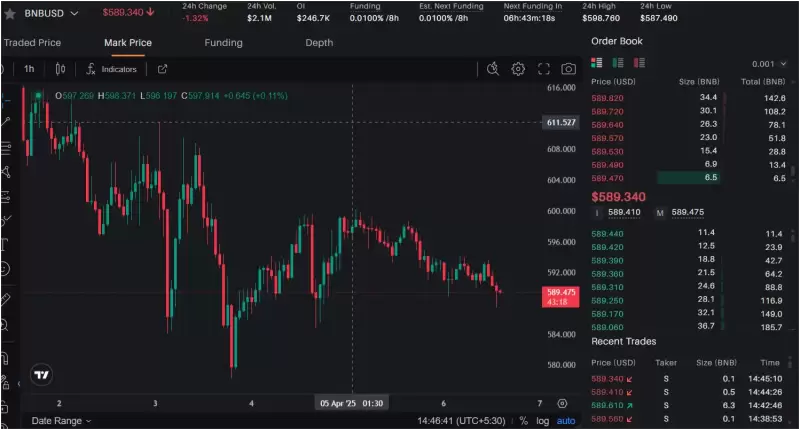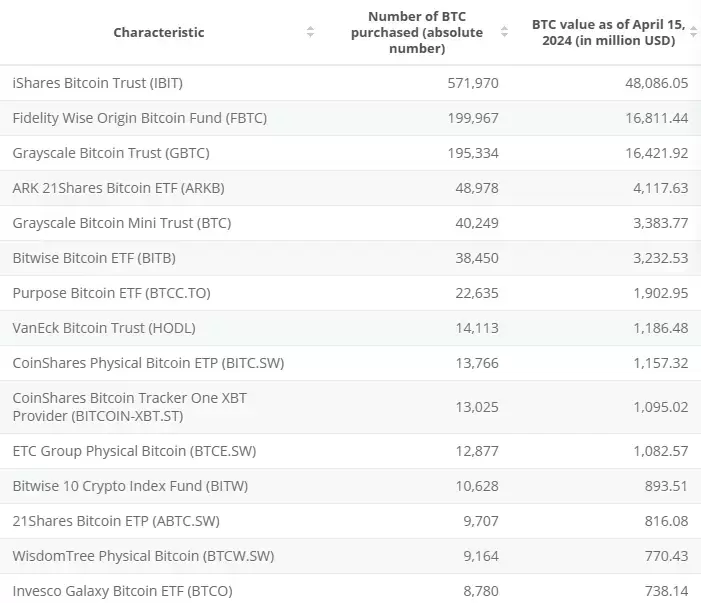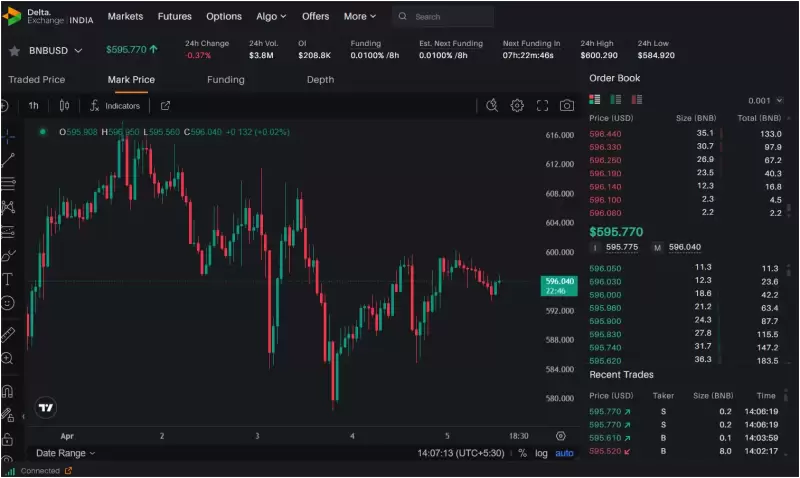 |
|
 |
|
 |
|
 |
|
 |
|
 |
|
 |
|
 |
|
 |
|
 |
|
 |
|
 |
|
 |
|
 |
|
 |
|
Cryptocurrency News Articles
Kentucky Is Now Officially America's Most Bitcoin-Friendly State
Mar 26, 2025 at 03:26 am
Kentucky has now officially become America's most crypto-friendly state with the enactment into law of House Bill 701, also known as the Bitcoin Rights bill

Kentucky has become the latest U.S. state to enact legislation in support of Bitcoin, Governor Andy Beshear signing House Bill 701, also known as the Bitcoin Rights bill, on March 24.
The legislation, which passed the Kentucky House in a 91-0 vote on February 28 and the Senate by a vote of 37-0 on March 13, aims to safeguard users, miners, and blockchain participants of Bitcoin. It protects against discriminatory control of digital asset holders, ensuring they can keep Bitcoin in self-custody, operate blockchain nodes, and make transactions freely.
HB 701 ensures that citizens have the right to hold and pass on Bitcoin through their wallets, ultimately aiming to guarantee the fundamental right to own electronic money. It also prevents local authorities from applying discrimination regulations against Bitcoin mining activities unjustly. The bill ensures that staking and mining services will not be defined as securities, providing legal certainty for businesses engaging in these activities within the state.
The second significant provision of the bill exempts staking participants and blockchain node operators from money transmitter laws in Kentucky. This change lowers regulatory hurdles for businesses and individuals participating in blockchain activity.
The bill's passage follows a period of heated debate among lawmakers, particularly regarding the potential risks of investing state funds in volatile cryptocurrencies. Despite this opposition, the bill's swift passage through both chambers and its subsequent signing by the governor highlight the state's interest in blockchain technology and financial modernization.
The move by the state also comes as several U.S. states are considering similar Bitcoin-friendly policies. Oklahoma and Arizona are working on legislation that would allow state funds to be invested in Bitcoin, with Oklahoma recently passing such a bill. At the federal level, President-elect Donald Trump and Senator Cynthia Lummis have also supported Bitcoin inclusion in federal financial policy.
As HB 701 comes into effect, it will serve as a bulwark against excessive regulation and encourage innovation within Kentucky's developing blockchain sector. However, critics of the bill express concerns over the inherent volatility and risk of investments in digital currencies, especially given the pending federal regulation in the cryptocurrency domain.
Despite this dissent, Kentucky's bold move is part of a broader trend toward greater Bitcoin use and protection within state financial markets. While the state legislature session has ended, HB 376, which would create a state-sponsored crypto reserve, is still pending a vote in the House after passing the Senate.
If passed, it would place Kentucky among the first to count Bitcoin as a treasury asset, allowing the State Investment Commission to invest in Bitcoin and other digital assets with a market capitalization of over $750 billion, up to 10% of surplus funds.
Disclaimer:info@kdj.com
The information provided is not trading advice. kdj.com does not assume any responsibility for any investments made based on the information provided in this article. Cryptocurrencies are highly volatile and it is highly recommended that you invest with caution after thorough research!
If you believe that the content used on this website infringes your copyright, please contact us immediately (info@kdj.com) and we will delete it promptly.
-

-

- Bittensor (TAO) Price Prediction: Will the AI-Powered Blockchain Protocol Continue Its Upward Trajectory?
- Apr 18, 2025 at 06:35 pm
- Despite facing a searing takedown from crypto analyst Thinking Weird, who calls Bittensor a “scam” with deeply flawed tokenomics and centralized control, the TAO token has defied gravity.
-

-

-

-

-

-

-





























































